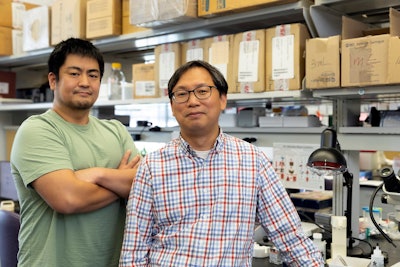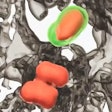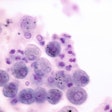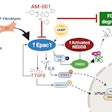
A study, published in the journal Immunity, has revealed the critical function of protein receptor IL-10 in preventing lung inflammation in conditions such as pulmonary fibrosis and bronchiolitis.
Researchers from the University of Illinois at Chicago (UIC) led the study, “Il-10 Sensing by Lung Interstitial Macrophages Prevents Bacterial Dysbiosis-Driven Pulmonary Inflammation and Maintains Immune Homeostasis.” In it, the team examined mouse models for spontaneous changes in lung inflammation.
When interstitial macrophages produced IL-10, a mouse’s immune system received appropriate anti-inflammatory signals. When they lacked IL-10 signaling, researchers observed two bacteria that initiated lung inflammation: Delftia acidovorans and Rhodoccus erthropolis.
“It’s the perfect storm,” said co-author Teruyuki Sano, PhD, assistant professor of microbiology and immunology at the UIC College of Medicine, in a university news release. “When the bacteria are present and IL-10 signaling is absent, inflammation and resulting diseases are more likely to occur.”
Previous research confirmed that interstitial macrophages help protect the lungs and clear respiratory diseases but could not explain the process, said Kiwook Kim, PhD, lead author and assistant professor of pharmacology and regenerative medicine at the UIC College of Medicine.
“Our immune system needs to be strong enough to fight off threats without triggering excessive inflammation or over-the-top immune responses,” Dr. Kim said.
The researchers noted the importance of understanding the lungs’ microfunctional activity in diagnosing and treating lung diseases, such as pulmonary fibrosis, follicular bronchiolitis and COPD.






















